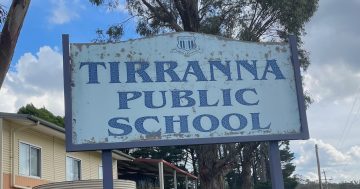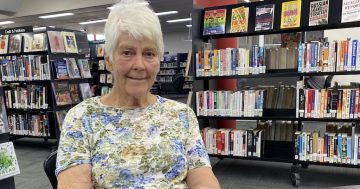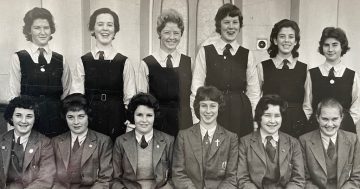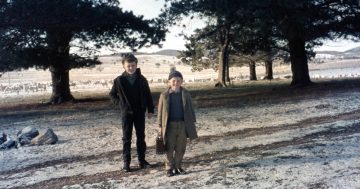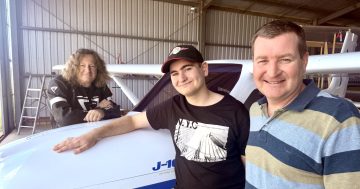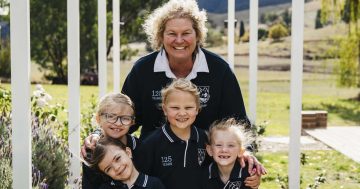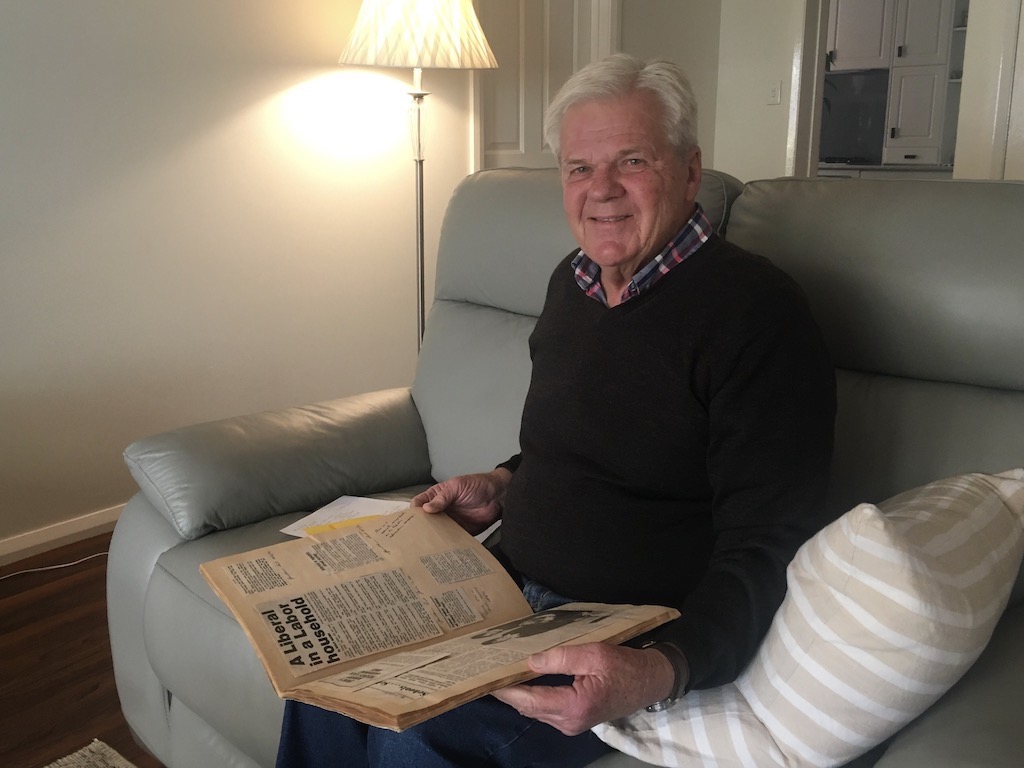
During his teaching career Fred Rainger was pleased to see the introduction of a syllabus for children with intellectual disabilities, ensuring they completed their schooling with a credential, whereas previously they left with nothing. Photo: John Thistleton.
Fred Rainger negotiated successfully through 13 years as deputy principal of Goulburn High School. But a phone call at his home one night after a harrowing day at school in May, 1998, when he was the acting principal still puzzles him.
It was a Friday when pupil Adele Smith, 16, was shot and killed inside Goulburn Base Hospital, where she was a patient. The youth responsible was not from the school.
“Being in charge, working out how we would respond to that was one issue the whole school didn’t respond to terribly well,” Fred said. “The students couldn’t cope with what had happened.”
He remains grateful to the then minister for education John Aquilina who personally phoned to check on him as did the Education Department’s director in Queanbeyan.
“That evening I was getting calls from Mike Carlton from 2UE, wanting me to comment on what had happened,” Fred said. “By that stage the department had contacted me to say to any inquiry, ‘Contact the police media office’. How he (Carlton) knew I was in charge, I don’t know. The next day The Sydney Morning Herald wrote about it and they named me as the acting principal.”
Ambition drove Fred for most of his career. Graduating from the University of NSW, he spent two years teaching at Greystanes High School before transferring to Mudgee where he taught for 12 years. While there he met his future wife Helen, a teacher from Wollongong, and spent six years as an alderman and councillor on Mudgee’s council.
Still in the hunt for promotion he became head of the English/history department at Mulwaree High School in Goulburn in 1972.
“The team there were really good because they worked together,” he said.
They implemented a reading program, where every morning for 15 minutes every student and every teacher had to be reading. “Interestingly, about 12 months ago, one of the more salubrious schools in Sydney was in The Sydney Morning Herald because they had received a government grant to implement a program where everybody would read every morning,” Fred said with a laugh. “We did it without any money.”
From Mulwaree High he landed the deputy principal’s job at Goulburn High School. Seeing students developing into successful adults and entering university or the workforce was a highlight.
As deputy principal, he was often dealing with students with disruptive home lives.
“I don’t know how many times I heard a parent say to me, ‘I’m going to take this to A Current Affair’ but it never happened, of course,” he said.
“Often as the deputy principal, the kids would line up outside my office waiting to find out what’s going to happen,” he said. “From my perspective, it depended a lot on how much the parents wanted to cooperate with the school to work through solutions. Unfortunately the parents were in a mess too, so that didn’t help.”

The son of a war widow, Fred Rainger received a Department of Repatriation scholarship for university and a choice of any vocation he wanted. He chose teaching, and is shown above during his first stint at Greystanes High School, Sydney. After 38 years in the profession he believes he made the right selection. Photo: Supplied.
He recounts other times when he was able to negotiate a resolution. “I remember one lady – it happened more than once – she said, ‘Well I suppose he did the wrong thing, didn’t he?’,” he said. In those cases parents turned around from being anti-school to supporters.
He developed a successful program in which students would enrol in a vocational subject as part of their Higher School Certificate, for example hospitality, or building, or mechanics. Goulburn’s business community swung behind the program, taking on a student one day a week.
Fred was particularly pleased in 1985 when the Carr government banned the cane, because he thought teachers should be able to manage their pupils better rather than hit them.
Another of his roles was supervising the head teacher of special education dealing with students with mild or moderate intellectual disabilities. “That was really fulfilling because you could see some of those students thrived,” he said.
Lighter moments relieved the stress of grappling with disruptive students. A boy in Fred’s office for misbehaviour was aware he faced suspension, but was unaware of the seriousness and stared intently at the deputy principal completing paperwork.
“I must have been going a bit grey at that stage, because he said, ‘Mr Rainger, do you put streaks in your hair?’,” Fred said with a smile.
Interviewing the mother of another errant boy, he thought, ‘You poor woman, you have this huge, dislocated shoulder’.
“Suddenly, this little white face emerged from her jacket,” Fred said. “She had a ferret on her shoulder.”







